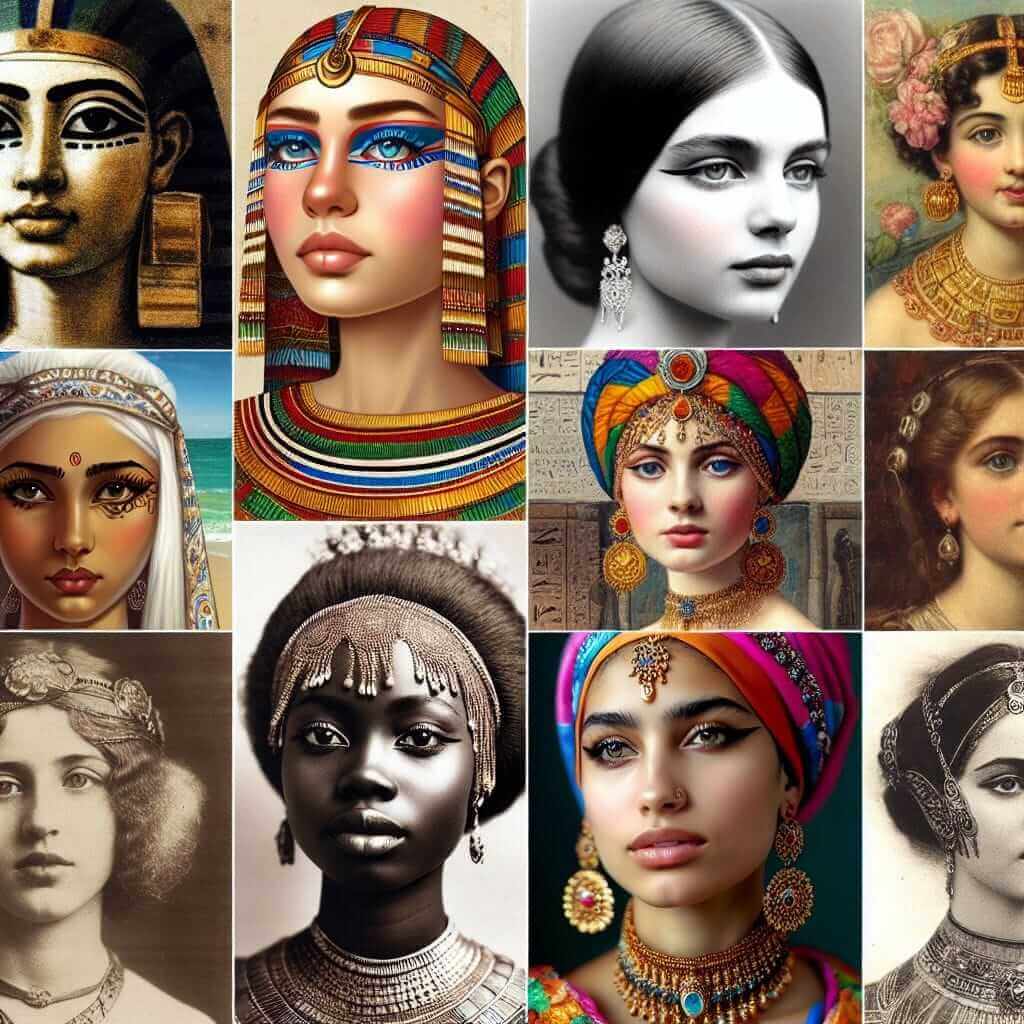As an IELTS instructor with over 20 years of experience, I often encounter fascinating reading passages that spark lively discussions in the classroom. The question of whether we can define human beauty is one such topic that frequently appears in the IELTS Reading section.
Understanding the Significance of the Topic in IELTS
This topic delves into the realms of sociology, psychology, and cultural studies, making it a rich source for testing your reading comprehension and critical thinking skills. Expect to encounter:
- Complex vocabulary: Be prepared for sophisticated language and terminology related to aesthetics, perception, and cultural norms.
- Varying perspectives: The passage may present contrasting viewpoints on beauty standards, challenging you to analyze and synthesize information effectively.
- Inferential questions: You might need to infer meaning, identify the author’s tone, or understand implied arguments based on the text provided.
Approaching IELTS Reading Passages on Human Beauty
Here’s a strategic approach to tackling such passages:
- Skim the passage and questions first: Get a general understanding of the text’s layout, main ideas, and the types of questions asked.
- Focus on keywords: Pay close attention to words related to beauty, perception, culture, and any contrasting ideas presented.
- Read actively and annotate: Highlight key arguments, unfamiliar vocabulary, and any evidence that supports or contradicts different perspectives.
- Answer questions systematically: Refer back to the passage for every question, ensuring your answers are directly supported by the text.

Example from IELTS Reading
While I cannot provide copyrighted material, imagine encountering a passage titled “The Evolving Concept of Beauty.” It might discuss historical beauty standards, the influence of media, and the scientific perspectives on attraction.
Typical questions could be:
- True/False/Not Given: “The author believes beauty standards are universal.” You’d need to assess whether the text supports, contradicts, or doesn’t provide enough information to confirm this statement.
- Matching headings: You might match subheadings like “The Role of Symmetry” or “Cultural Variations in Beauty Ideals” to specific paragraphs.
- Short answer questions: “What two factors influence our perception of beauty according to the passage?” This requires identifying specific information directly stated in the text.
Tips for Success
- Expand your vocabulary: Familiarize yourself with words related to beauty, aesthetics, and cultural perspectives.
- Practice active reading: Don’t just skim; engage with the text by highlighting, summarizing, and questioning the information presented.
- Analyze diverse viewpoints: Train yourself to identify different perspectives, supporting arguments, and potential biases within the passage.
Conclusion
“Can human beauty be defined?” is more than just an intriguing philosophical question; it’s a topic that allows IELTS to assess your ability to comprehend complex ideas and navigate diverse viewpoints. By understanding the nuances of this theme and employing effective reading strategies, you’ll be well-equipped to tackle any IELTS passage on human beauty.